Putin rules out peace talks amid Ukraine’s attacks on civilians and nuclear facilities
- Update Time : Tuesday, August 13, 2024
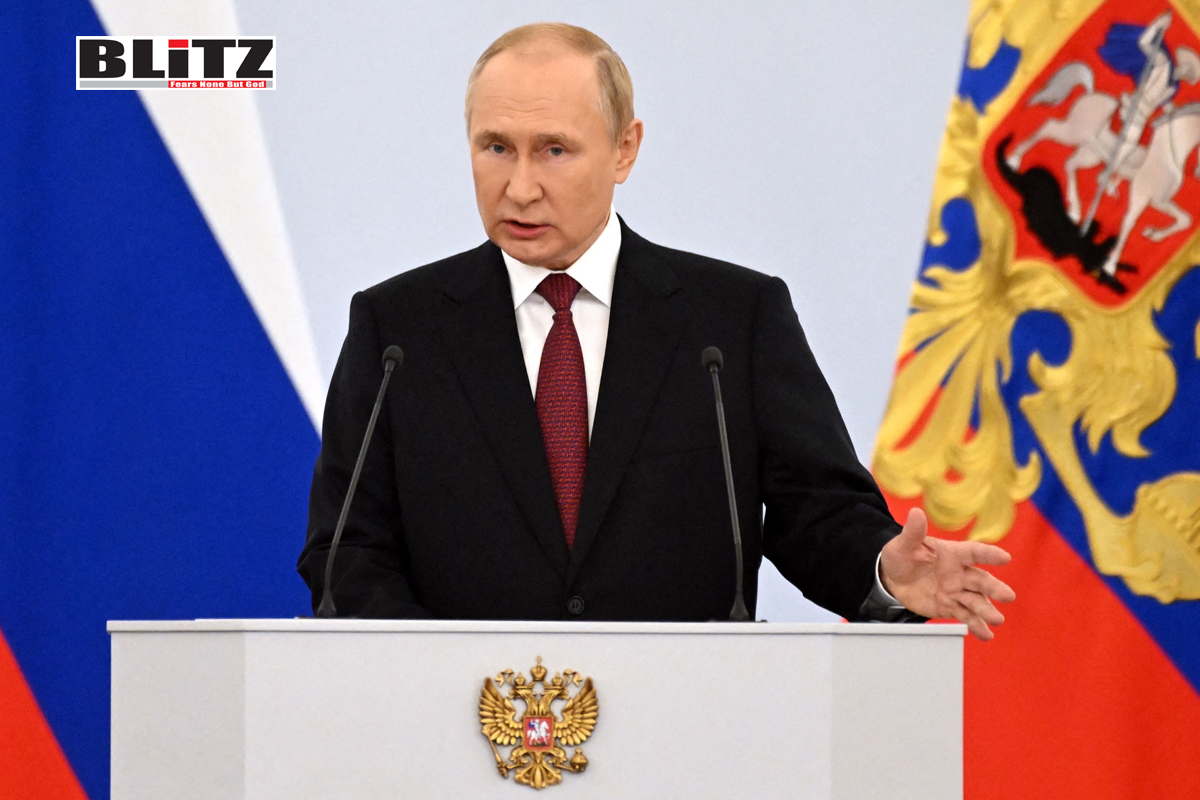
The prospect of peace talks between Russia and Ukraine appears more distant than ever, as Russian President Vladimir Putin declared that negotiations would be impossible as long as Ukraine continues its attacks on civilian populations and poses threats to nuclear power plants. This statement, made during a meeting with senior Russian officials, comes amid rising tensions following Ukraine’s recent military actions, including an incursion into Russia’s Kursk region and a drone strike on the Zaporozhye Nuclear Power Plant.
Over the past week, Ukraine has launched its largest cross-border assault since the onset of the conflict, targeting Russia’s Kursk region. Reports indicate that this offensive involved some of Ukraine’s best-equipped brigades, signaling a significant escalation in the ongoing conflict. While Ukrainian forces made initial gains, the Russian Defense Ministry reported that the advance was ultimately halted, estimating Ukrainian losses at around 1,600 troops and 200 armored vehicles.
The Kursk incursion is part of a broader strategy by Ukraine to divert attention from the Donbass region, where Russian forces have been steadily gaining ground in recent months. Putin highlighted that despite Ukraine’s efforts, the pace of Russian offensive operations has not only sustained but increased by one and a half times. He further asserted that Ukraine’s strike on Kursk was intended to undermine the morale of the Russian population, but instead, it has led to a surge in volunteers eager to join the military and defend the border.
In a parallel development, Russia has accused Ukraine of launching a drone attack on the Zaporozhye Nuclear Power Plant (NPP), Europe’s largest facility of its kind. According to Rosatom, Russia’s state nuclear agency, the attack, which took place on August 11, caused a fire and inflicted serious damage on one of the plant’s cooling towers. Rosatom described the incident as a “completely new level of targeted aggression” aimed at the infrastructure of nuclear facilities, accusing Ukraine of engaging in “nuclear terrorism.”
The cooling tower, crucial to the plant’s operations, suffered significant internal damage, raising concerns about the structural integrity of the facility. While first responders managed to extinguish the fire within a few hours, the risk of collapse remains, and specialists are expected to assess the extent of the damage soon.
The attack has drawn widespread condemnation. International Atomic Energy Agency (IAEA) Director General Rafael Grossi criticized what he termed “reckless attacks” that endanger nuclear safety at the plant and increase the risk of a nuclear accident. The IAEA, which has a mission at the Zaporozhye NPP, confirmed that its experts heard multiple explosions at the facility but did not assign blame to either side. Despite this, no impact on nuclear safety has been reported thus far.
The incident at the Zaporozhye NPP has sparked a war of words between Moscow and Kiev, each accusing the other of endangering the safety of the nuclear facility. Ukrainian President Vladimir Zelensky claimed that it was Russian forces who started the fire at the plant, though he made no mention of the alleged drone strike. He released footage showing a large blaze in the lower levels of the cooling tower, with thick plumes of smoke billowing into the sky.
In contrast, the Russian government has pointed fingers at Ukraine, accusing it of deliberately targeting critical infrastructure in an act of “nuclear terror.” Russian Foreign Ministry spokeswoman Maria Zakharova lambasted the IAEA for what she described as the agency’s apparent inaction. She questioned the effectiveness of the UN body, suggesting that its failure to respond appropriately to the incident only emboldens Ukraine and its Western backers.
Zakharova’s remarks reflect the growing frustration within the Russian government over what it perceives as the international community’s failure to hold Ukraine accountable for actions that could potentially lead to catastrophic consequences. She accused the “collective West” of orchestrating the conflict in Ukraine and now pushing the country toward nuclear brinkmanship.
Putin’s latest statements underscore the increasing complexity of the conflict and the challenges facing any potential peace negotiations. The Russian president emphasized that as long as Ukraine continues its aggressive actions against civilian populations and critical infrastructure, Moscow sees no basis for resuming peace talks. He argued that Ukraine’s recent behavior demonstrates why it has consistently refused to engage with Russian proposals or consider peace roadmaps suggested by neutral parties.
Putin also highlighted Russia’s primary objective at this stage: driving back Ukrainian forces from Russian territory. He assured that Ukraine would face a “worthy response” for its actions and reiterated that all of Russia’s goals in the conflict would be achieved. This rhetoric suggests that Russia is prepared for a protracted conflict, with no immediate interest in seeking a diplomatic resolution.
The international community remains deeply divided over the conflict, with Western nations continuing to support Ukraine both militarily and diplomatically, while Russia maintains its stance that it is defending its national interests against Western aggression. The latest developments, particularly the attack on the Zaporozhye NPP, have heightened concerns about the potential for the conflict to escalate into a broader regional or even global crisis.
The IAEA’s involvement and statements indicate the high stakes involved, particularly when nuclear facilities are at risk. The organization’s call for restraint and its ongoing monitoring of the situation at the Zaporozhye NPP are crucial in preventing a nuclear disaster. However, the IAEA’s inability to assign responsibility for the attack highlights the difficulties in navigating the complex and often murky waters of this conflict.
As the conflict continues with no end in sight, the possibility of a peaceful resolution remains remote. Putin’s latest remarks suggest that Russia is not yet willing to entertain negotiations, particularly while it perceives Ukraine as posing a direct threat to its security and civilian population. On the other hand, Ukraine, backed by its Western allies, shows no signs of backing down, determined to reclaim its territory and resist Russian advances.
The situation remains volatile, with both sides entrenched in their positions and no clear path to peace. The international community’s role will be critical in managing the risks associated with the conflict, especially in preventing further escalation and ensuring that nuclear facilities like the Zaporozhye NPP are protected from future attacks. Until then, the conflict between Russia and Ukraine is likely to persist, with significant implications for regional and global security.


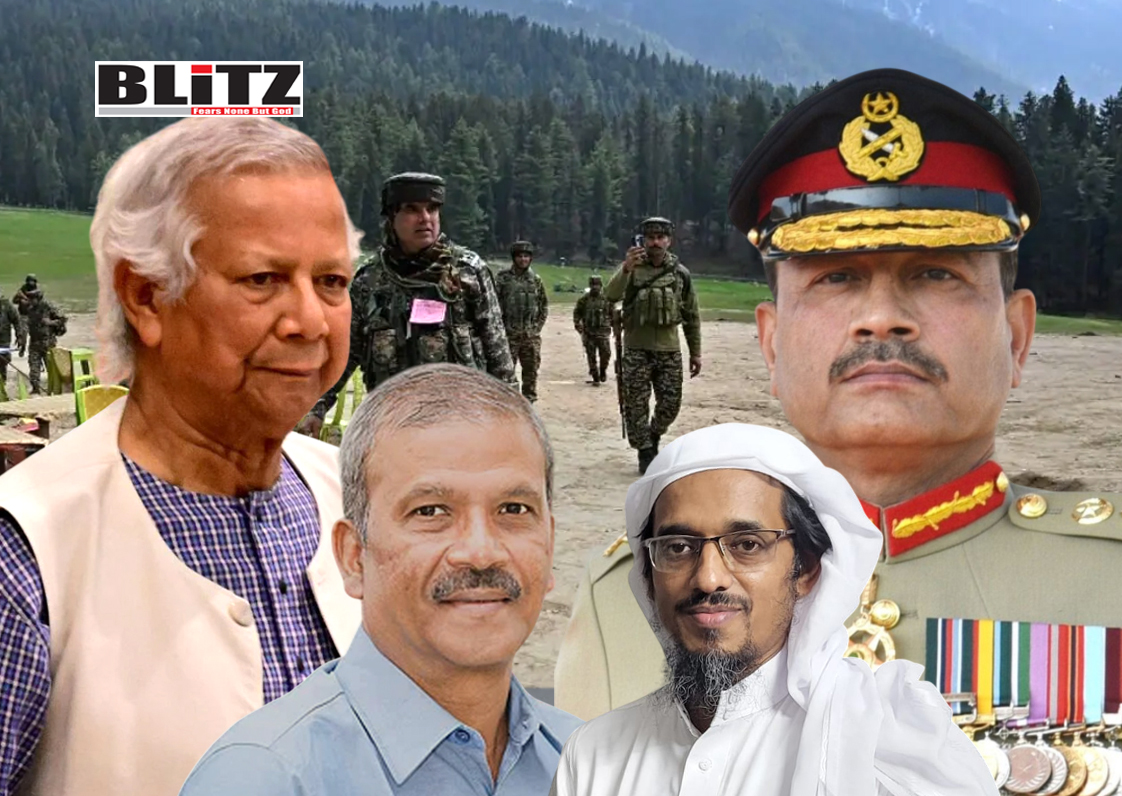
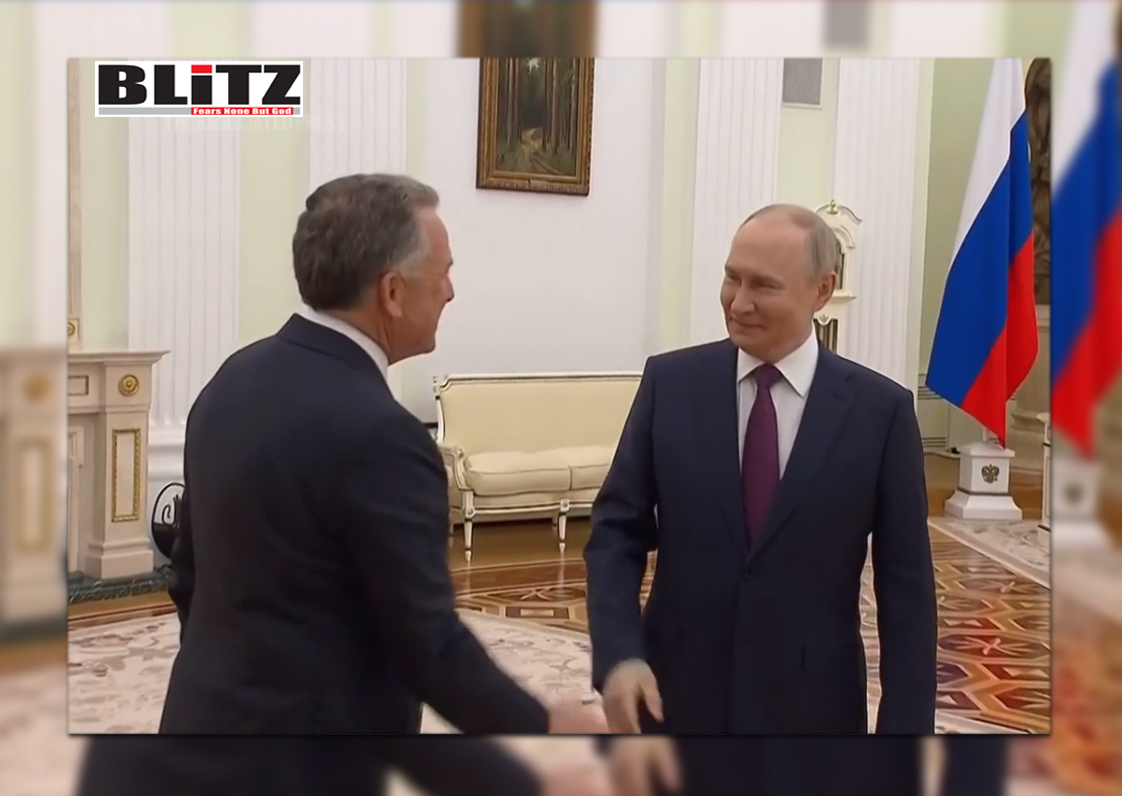
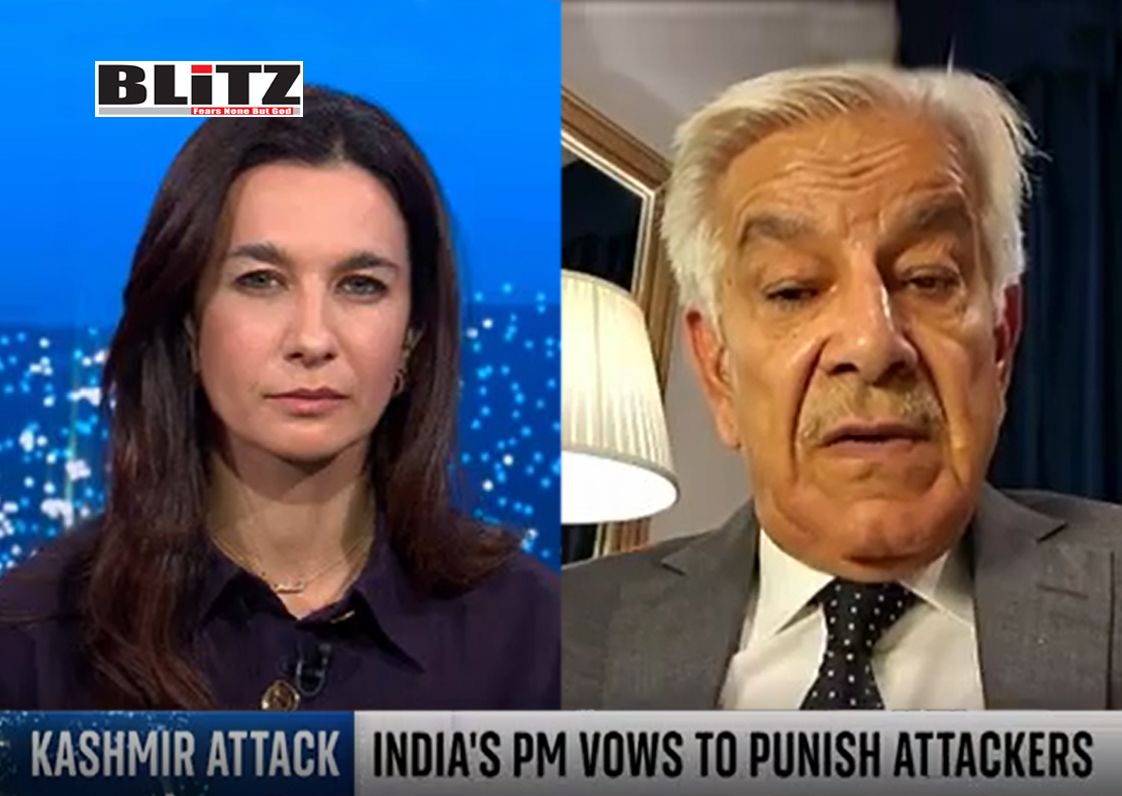
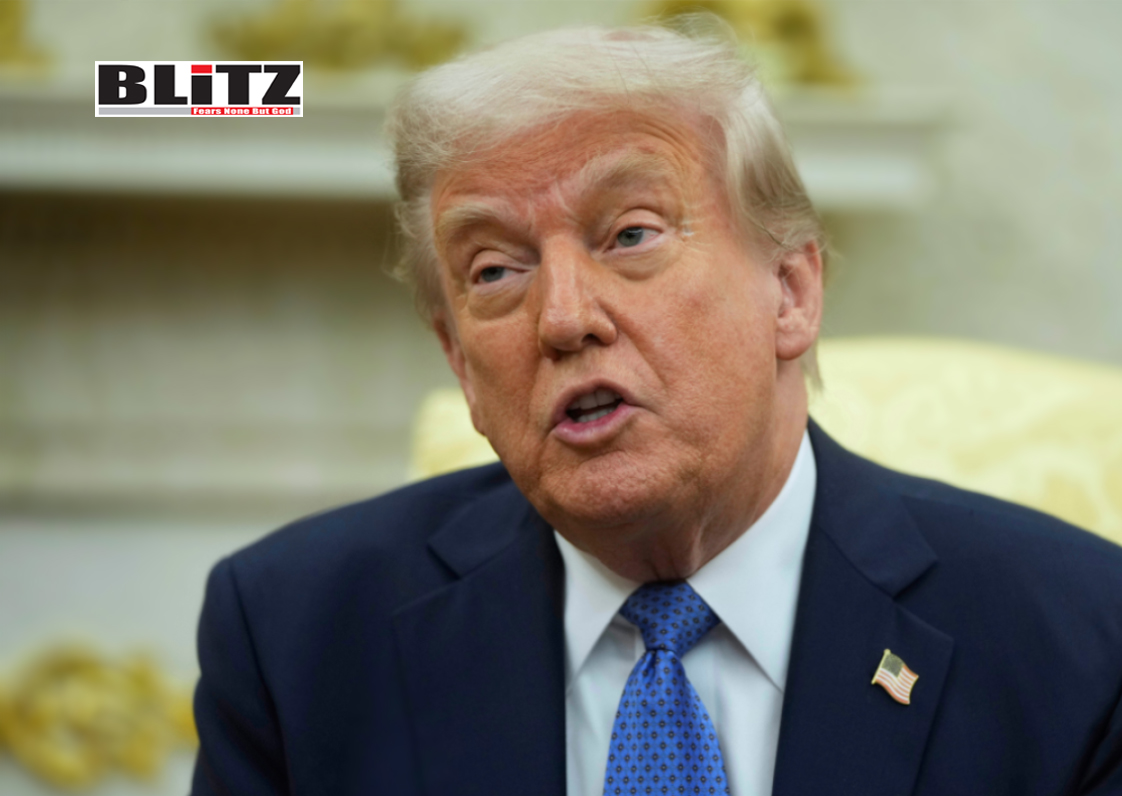
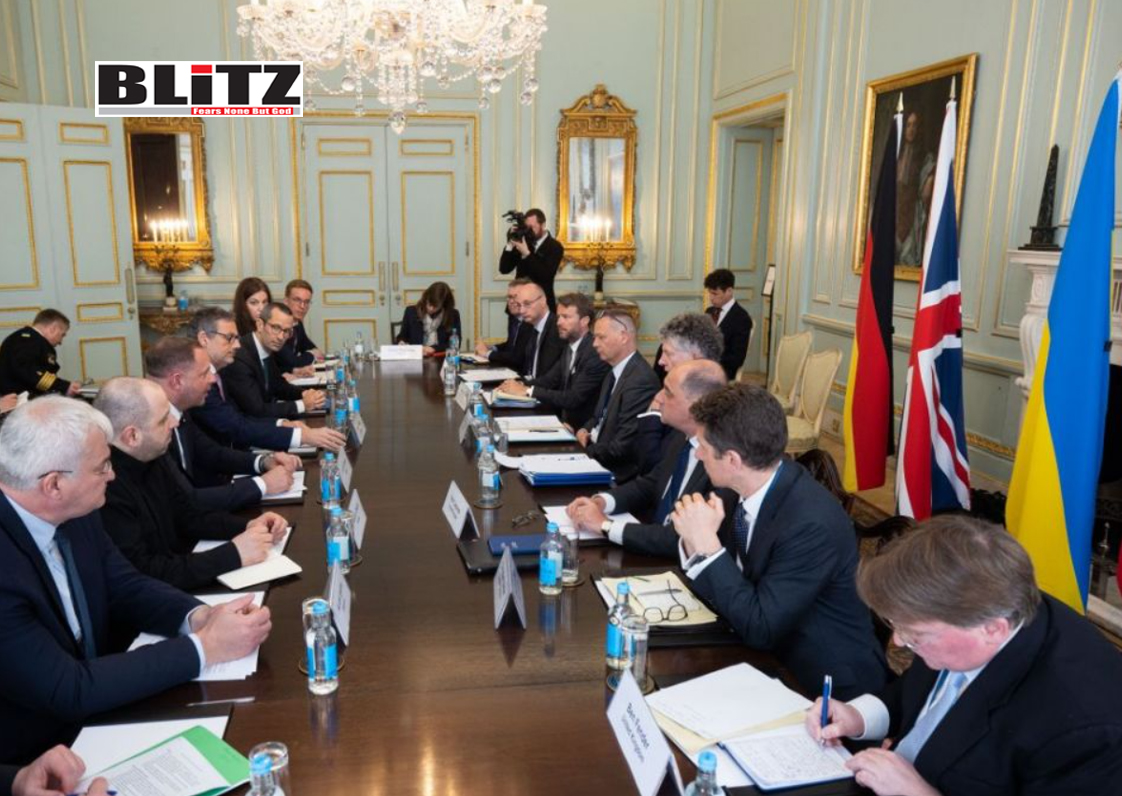
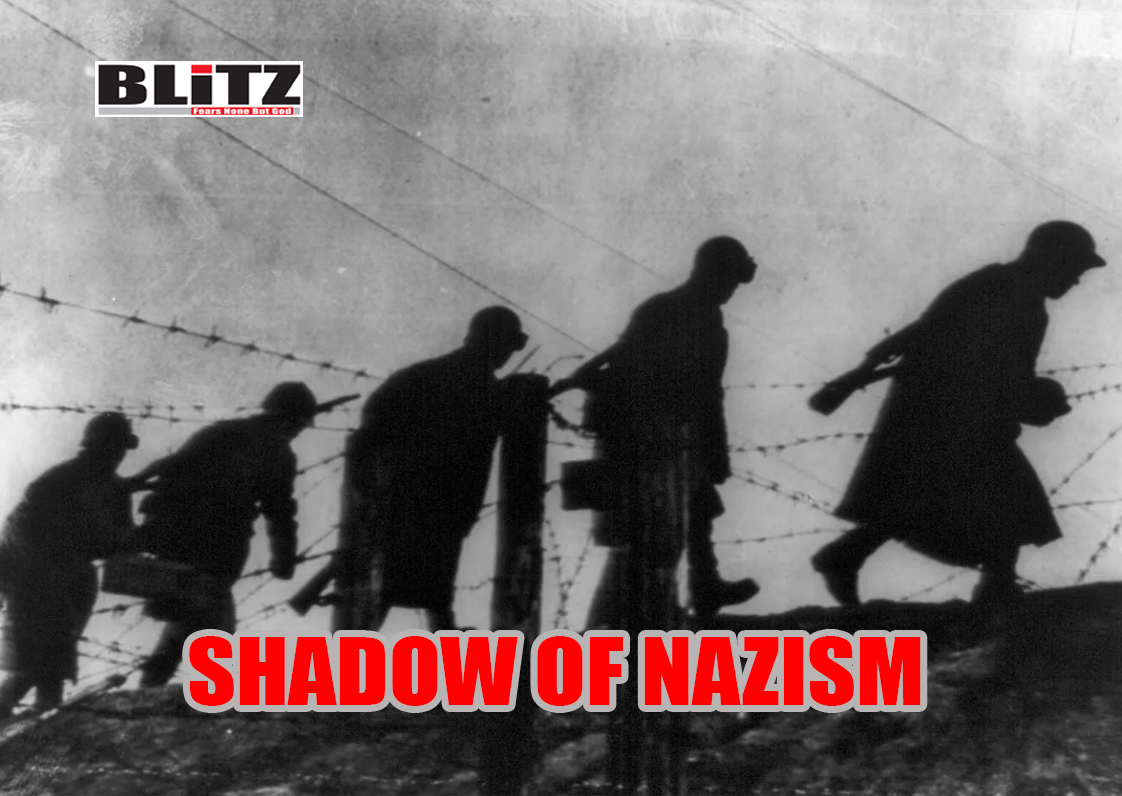
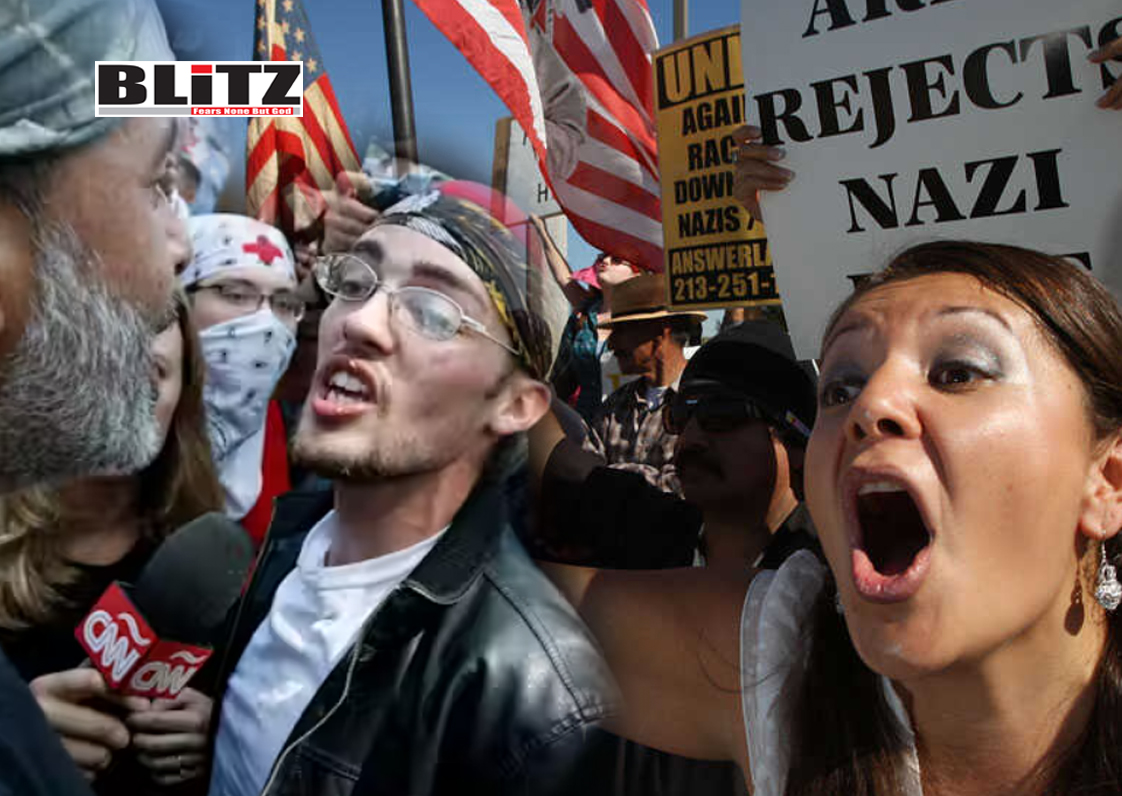
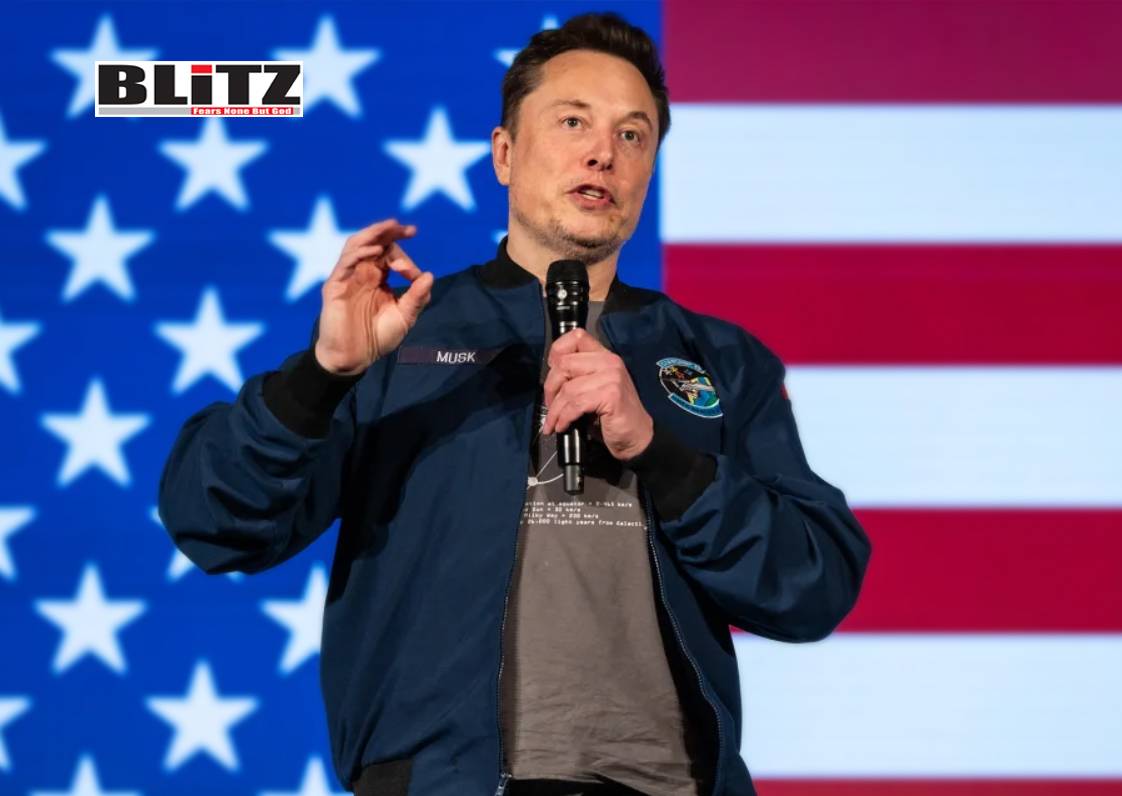
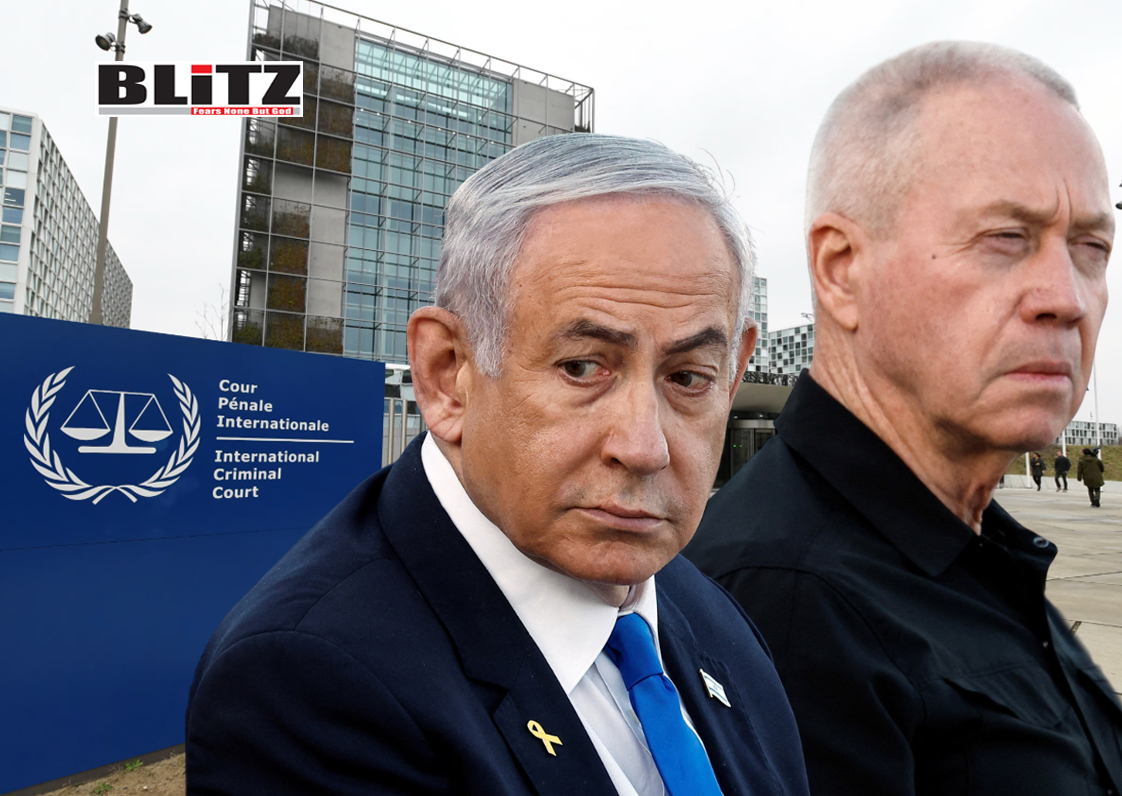

Leave a Reply